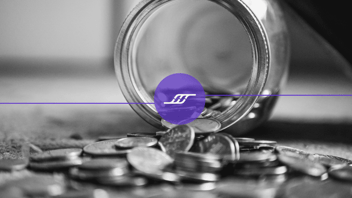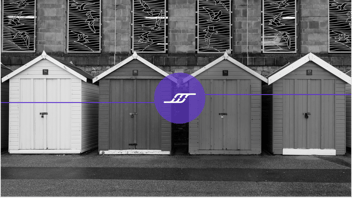On June 18th, Infostrux CEO, Goran Kimovski (Kima) sat down with S. Somasegar (Soma) to discuss Soma’s experience and lessons as a board member and early investor in Snowflake. Kima and Soma discuss the concept and value of the data cloud and why data exchange will be as important as data warehousing. As an active angel investor and seed investor, Soma describes what makes a great investment and what he looks for while investing in both enterprise and consumer segments.
![]() Kima: How did you make the transition from Microsoft to venture capital? What was your thought process?
Kima: How did you make the transition from Microsoft to venture capital? What was your thought process?
![]() Soma: That’s a great question, Kima. I will try and give you the short version, but the answer may take a little bit of time so I’ll try to keep it as short as possible.
Soma: That’s a great question, Kima. I will try and give you the short version, but the answer may take a little bit of time so I’ll try to keep it as short as possible.
I call myself an ‘accidental venture capitalist.’ In other words, I wasn’t sitting around and dreaming someday like, ‘Oh my God, I really need to become a venture capitalist someday, how am I going to do that, when am I going to do that?’ No, it wasn’t like that at all.
I had been working at Microsoft for a very long time and I thought that I would probably retire from Microsoft and that’s it. After about 25 years or so, I started thinking about my career and life. I had done 25 years of my professional career and I started to think about the next 25 years.
I started to think about what am I doing at Microsoft, what am I learning, what is the impact? Everything was looking good and going well. I thought that maybe I could do this for another 10 – 12 years. But I started feeling that maybe for the next 10 – 12 years, I might reach a stage where I feel like I’ve done enough of this.
Then I started to panic because I was thinking, if I reach that stage in 10 – 12 years, what will I do after that? My interest in learning or my ability to learn something new in my opinion is only going down as opposed to increasing in terms of velocity. I also feared that if I ever left Microsoft, I was probably done working for a technology company. The reason I say that is because if working for a technology company is exciting for me, Microsoft is still as good as it gets. It’s a fantastic company. It’s very broad in terms of the kinds of technologies that they are working on. I know a lot of the people there. Why would I trade that off for going and working in some other technology company?
So I was sort of in this weird mode of thinking like, if I want to work, I only want to be working at Microsoft. But I want to be doing something for the next 25 – 30 years and my heart tells me that in the next 10 years, I may reach a point where I may be thinking I’m done. So I needed to figure out something else that’s new.
I sort of had it in my head that I was going to work for another company, it quickly boiled down to me that I had only two choices.
- Option 1: If I had some brilliant idea, let’s say, that I was willing to give the next 10 years of my life to, I could have gone and started my own company. I can tell you I considered that for a few months. But I realized that I wasn’t coming up with something that I was so energized and so excited that I was ready to sign up for 10 years.
- Option 2: The other option or choice in front of me was to use all the ability, experience, operating skills, and knowledge of the industry and technology that I have, and be able to work with the next generation entrepreneurs and be able to help them build the next generation companies.
So I was thinking of leaving Microsoft and I started to learn what it means to be an investor. I thought if I like that and if I think I can do that for the next 25 years, then I’ll do it. If not, I’ll come back and really think harder about any ideas that I might have to be able to start a company.
The rest is history. It has been a lot of fun. That was the transition that I went through going from being an operator at Microsoft to being a venture capitalist.
![]() Kima: Being an entrepreneur is a game of obsession and anxiety, I can attest to that. The number of hours I’m obsessing over the business every day, it’s almost 24/7. So if you are not excited about what you’re trying to build, you’re signing up for a lot of anxiety.
Kima: Being an entrepreneur is a game of obsession and anxiety, I can attest to that. The number of hours I’m obsessing over the business every day, it’s almost 24/7. So if you are not excited about what you’re trying to build, you’re signing up for a lot of anxiety.




